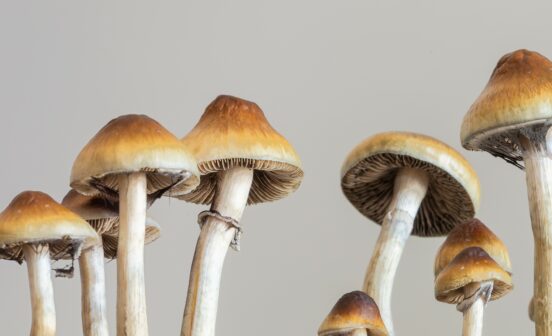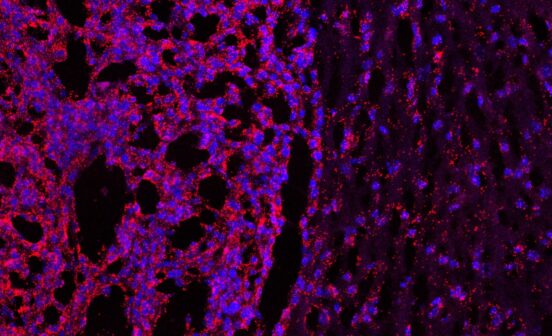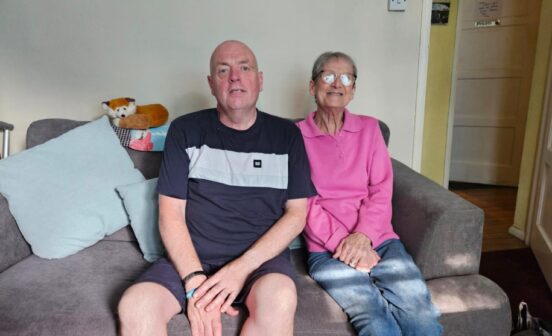InnovationPartnershipTherapeutic Kisspeptin hormone can enhance brain activity associated with attraction
Kisspeptin is a naturally occurring hormone that stimulates the release of other reproductive hormones inside the body. Successful reproduction is a fundamental physiological process that relies on the integration of sensory cues of attraction with appropriate emotions and behaviours. However, the factors responsible for this integration remain largely unexplored.
Our researchers from the Metabolic Medicine and Endocrinology Theme team have previously shown that kisspeptin can enhance how the body processes sexual arousal, and they have now discovered a boosting effect of kisspeptin in human attraction brain pathways. Attraction is a fundamental process that triggers onward sexual arousal, sexual activity and often reproduction.
Using functional neuroimaging, hormonal, and psychometric analyses, researchers have demonstrate that when the reproductive hormone kisspeptin was administered in 33 heterosexual men, there was enhances brain activity in response to smelling the female perfume as well as when viewing female faces. The researchers behind the early-stage work, published in JCI Insight, are exploring whether kisspeptin can ultimately be used to treat men with common psychosexual disorders – sexual problems which are psychological in origin such as low libido. The team are now hoping to perform trials in patients with low sexual desire.
Professor Waljit Dhillo, NIHR Research Professor and Principal Investigator in the NIHR Imperial BRC Metabolic Medicine & Endocrinology Theme said:
“Attraction is usually the first step to sexual arousal and it’s encouraging to see that kisspeptin can also boost brain activity relating to this. This new finding helps us further understand the brain activity of people with psychosexual disorders which could lead to therapeutic targets.”
Dr Alexander Comninos, Honorary Clinical Senior Lecturer at Imperial College London and Consultant Endocrinologist at Imperial College Healthcare NHS Trust, said:
“Psychosexual disorders have a major detrimental impact on wellbeing and can be highly distressing not only to those affected but also their partners. Despite the high numbers of people with these disorders, there are currently limited treatment options. Our study shows that kisspeptin can boost brain activity related to attraction and intriguingly this boosting effect is even greater in men with a low sexual quality of life.
“This builds on our previous work that identified a role for kisspeptin in sexual arousal. Now we have found that kisspeptin may actually enhance the processing of smell and facial attraction, which are often the first steps to sexual arousal. We hope our growing understanding of how kisspeptin boosts parts of the brain involved in attraction and arousal can ultimately lead to new ways of treating people affected. However, we still have a long way to go.”
The team believes that this new insight into kisspeptin could lead to new therapies to tackle psychosexual disorders, and plan to carry out further studies to explore this.
The study was funded by the NIHR Imperial BRC, Wellcome Trust and Medical Research Council.
Read the full story by Maxine Myers, Imperial College London here.





